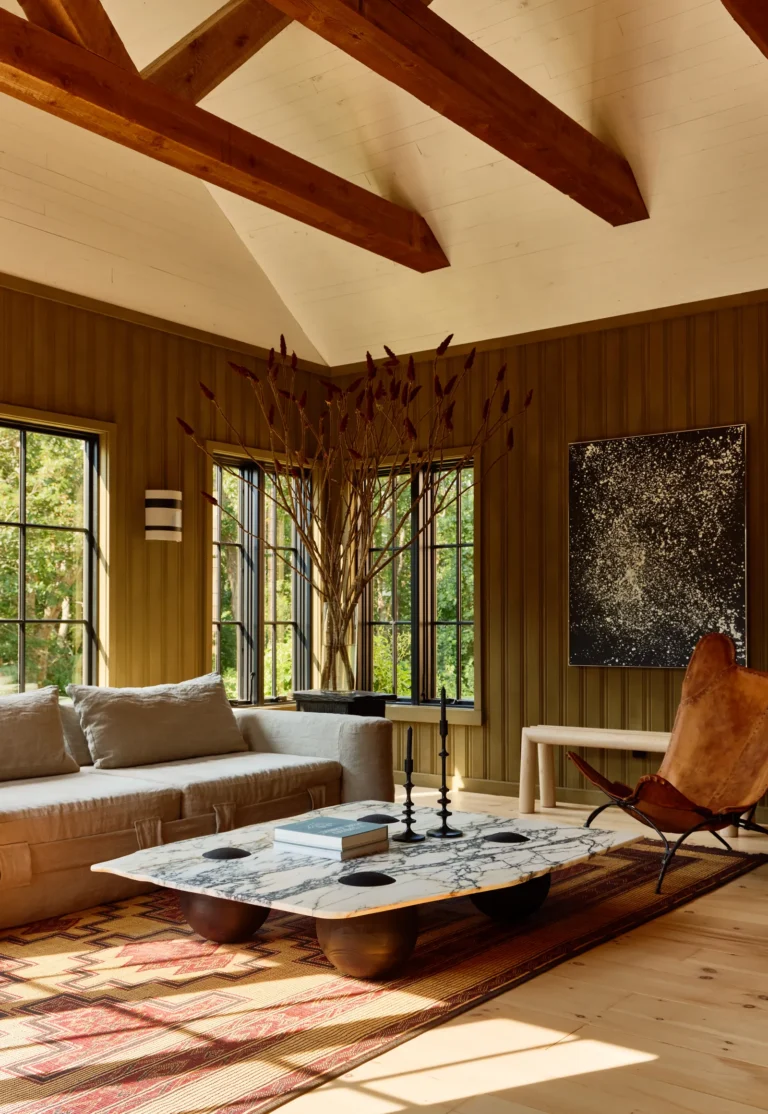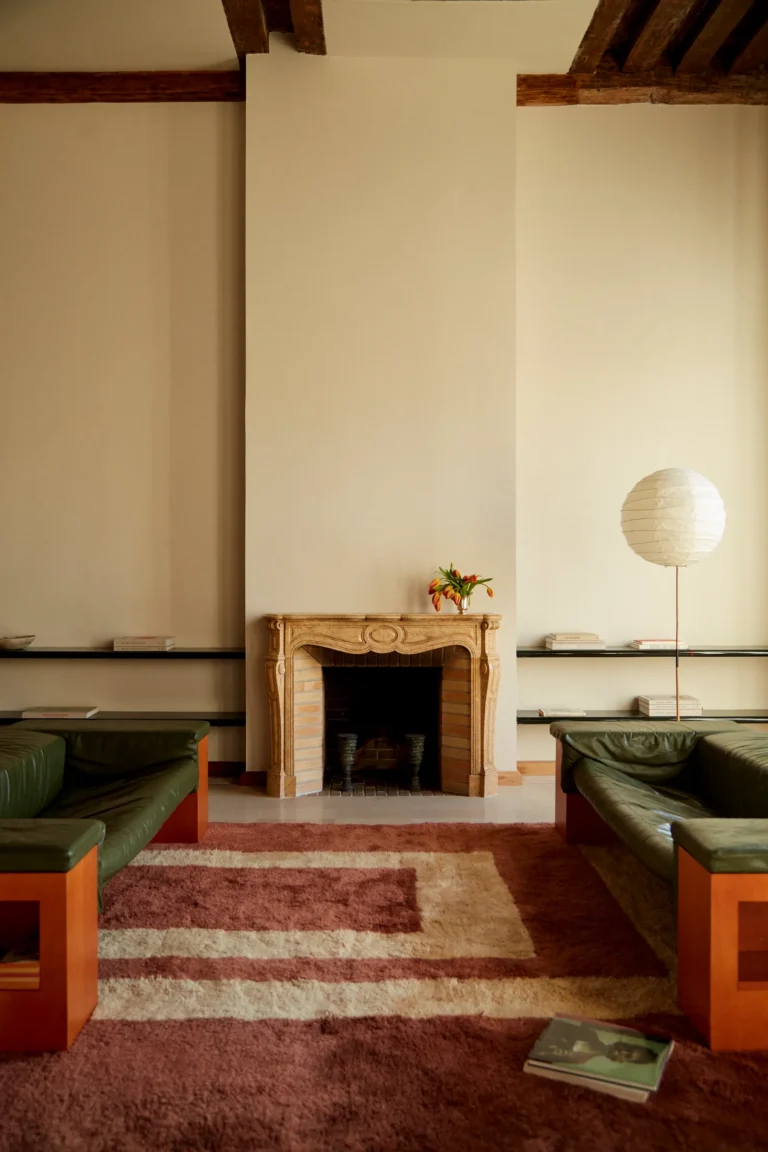
A train rumbles near my house every night, but I can no longer hear it. When you’ve lived in a city too long, as I have, you wake up one day and find you’ve been numbed—whether you like it or not—to its noise and energy.
Airdropping into the stillness of nature for two nights has always been the best balm for my overtaxed brain, which is usually found saddled with writing deadlines, multi-tasking while half-watching Netflix, or gazing at a stack of books I never seem to have time enough to read. After a weekend among the trees or the fields or the lakes, I leave feeling energized, reminded that the natural world ticks at its own pace, and that we—as humans—are merely one small part of it.
But it can also be scary. Being in harmony with nature and having the freedom to direct your own days may sound idyllic on the surface, but it also requires a major mental shift. Staying overnight at the Frank Lloyd Wright-designed Seth Peterson Cottage in 2022—an 880-square-foot cottage perched above Mirror Lake in Central Wisconsin, built for the eponymous young man who committed suicide before it was completed in 1958—the nearest neighbors were too far away to measure in feet or miles. Walls of windows without curtains led me to open myself up to more than just wildlife views (although seeing a raccoon nestle into the bird feeder was quite a hoot). For the next 24 hours, with no television and a vow to fully unplug, I was vulnerable in a different way: alone with my thoughts, the buzzing, ambient layer of a city now peeled off.

To be clear, I was not literally alone. My husband was with me. We’d brought books, so our companions that first night were novels. Never before had I read 150 pages of a book in one day, or even one sitting. I soon realized this was a testament to Wright’s design. His organic style of architecture is about more than simply blending the house with its natural surroundings. I’ve learned, over my many stays in Wright’s houses, that he’s dictating—however subtly—how he wants you to spend your time there.




